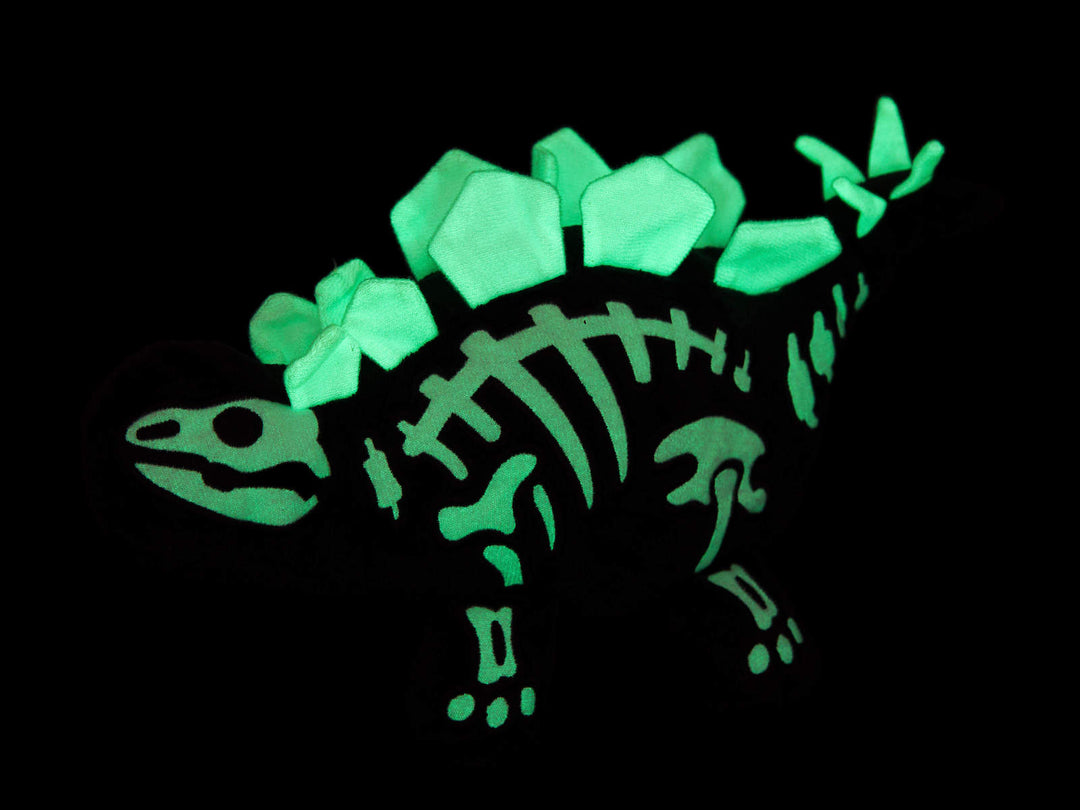Dinosaurs are super cool, aren't they? For years, scientists believed that these prehistoric creatures were scaly and reptilian, but did you know that some dinosaurs had feathers? That's right, just like birds!. This has sparked a lot of debate and discussion in the scientific community. So, let's explore the question: "Did dinosaurs have feathers?"
First, let's take a look at some of the evidence that suggests that some dinosaurs had feathers. Fossils of several species of dinosaurs have been found with preserved feathers or feather-like structures. For example, the famous Velociraptor and Archaeopteryx fossils have been found with feathers. Additionally, several other species, including Anchiornis, Microraptor, and Sinosauropteryx, have also been found with feather-like structures.
Why did some dinosaurs have feathers?
One theory is that feathers evolved as a form of insulation. Many of these feathered dinosaurs lived in colder climates, and feathers would have helped them stay warm. Feathers may have also served as a way for dinosaurs to display their dominance or attract mates, much like the colorful plumage of modern birds.
What did these feathered dinosaurs have looked like?
It's likely that their feathers would have been quite different from the feathers we see on modern birds. Rather than being designed for flight, these feathers would have been more like hair or fur. They may have been used for insulation, camouflage, or display purposes.
So there you have it, the evidence suggests that some dinosaurs did, in fact, have feathers. It just goes to show how amazing and different these creatures were. Who knows, maybe there are still more discoveries to be made about these prehistoric beasts! It has given us a new perspective on these incredible creatures, and there is still much to learn about their appearance and behavior.Fun Facts About Dinos with Feathers
- Feathers were not exclusive to birds. Several dinosaur species, including the Velociraptor, Oviraptor, and Dilong, were discovered to have had feathers.
- Feathers likely evolved for insulation purposes, but they could have also been used for display, communication, or to assist with movement.
- The first feathered dinosaur fossil was discovered in China in 1996, and since then, several more feathered dinosaur fossils have been found around the world.
- The largest known dinosaur with feathers was Yutyrannus, a relative of the Tyrannosaurus rex that lived in what is now China around 125 million years ago. Yutyrannus weighed about 1.5 tons and was covered in feathers that may have been used for insulation.
- The discovery of feathered dinosaurs has changed the way scientists think about dinosaur appearance and behavior. For example, some scientists now believe that the small, feathered dinosaurs may have been more closely related to modern birds than previously thought.
- Some dinosaur fossils have revealed that the feathers on their arms were asymmetrical, which suggests that they were able to use their feathers to glide or even fly.
- The discovery of feathered dinosaurs has sparked a renewed interest in the study of dinosaur biology and evolution, as well as in the evolution of birds.






Leave a comment